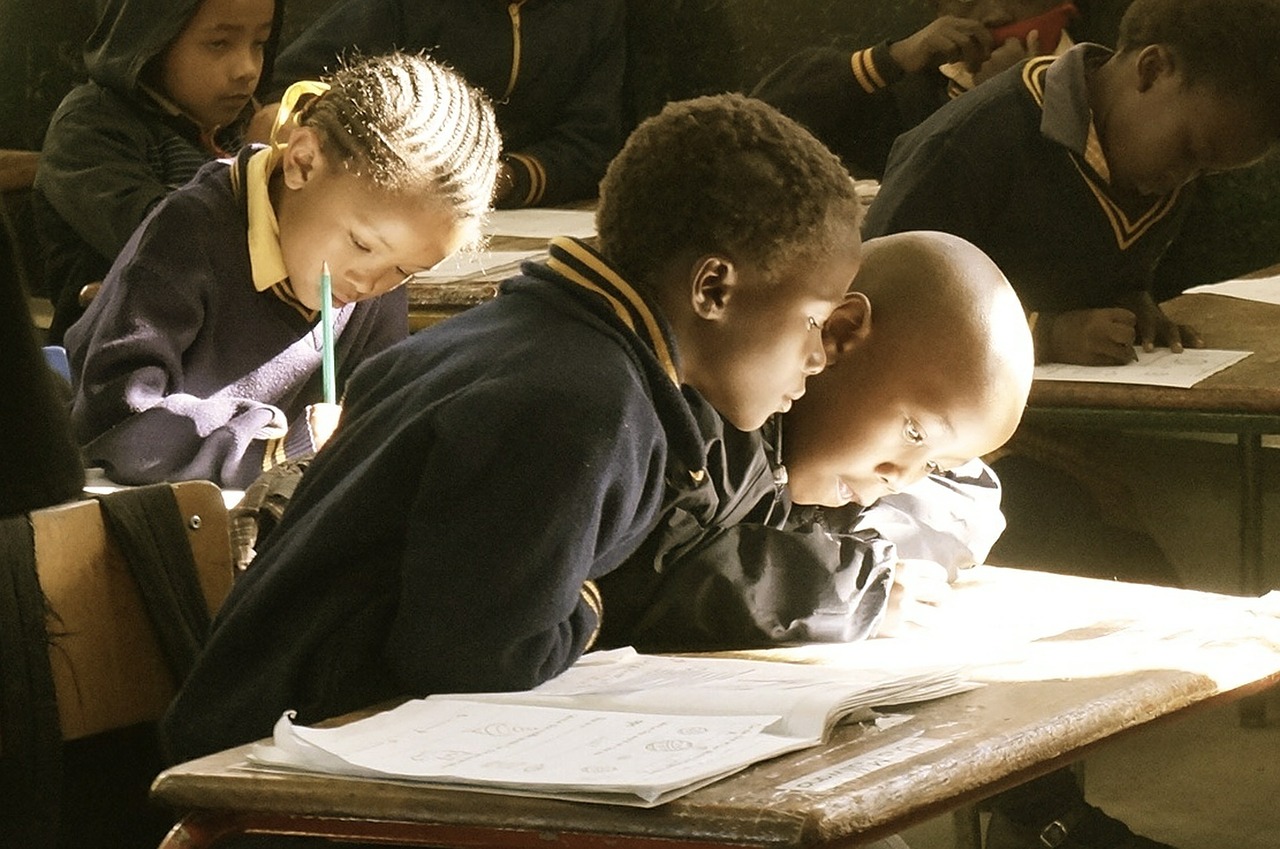
Using school psychology to guide evaluation practice
CERE’s resident school psychologist Shannon Sharp talks about her transition into the world of evaluation, and the unique insights that her work as a school psychologist brings to her evaluation practice.
By Shannon Sharp
Bottom line: I evaluate
The connection between school psychology and program evaluation may not be obvious at first, yet the skills and knowledge required for both are quite similar. As a doctoral level school psychologist, I started my career in a K-12 school district. In this role, I assessed student abilities and behavior by gathering qualitative data from their teachers, as well as quantitative testing data from norm-referenced assessment tools and rating scales. Using these data, I then helped fellow educators to develop a plan that would best help the student. In other words, I conducted an evaluations of individuals and used the information gleaned from these evaluations to impact student growth.
Fast forward eight years and a move that necessitated a career change. What could I do in an area where the school districts don’t have school psychologists on staff? A job posting for a program evaluator got the wheels in my head turning. I had never heard of a program evaluator until that moment, but the job description sounded very similar to what a school psychologist does, only with programs instead of individuals. It required the same mixed-methods approach that school assessments used, and involved working in teams to make plans and recommendations based on data. I also came to find out that a lot of program evaluation is actually conducted on school programs, so my background in education could be a real asset.
I applied for the program evaluator position and was hired. There has definitely been learning curve, as I had never heard of a logic model and I am still learning how to run certain statistical analyses that I haven’t had to think much about since grad school. Yet now, two years into my new career, I know my background in school psychology offers a unique foundation for my work in evaluation. On top of that, experience as a school psychologist also brings something special to the field of program evaluation, largely because of my previous experience in the schools. School psychologists require an extensive understanding of educational programs, as well as the systems they exist in. A school psychologist’s real-world experience with students, parents, teachers, administrators, and other school personnel also provides a practical knowledge that allows us to better-understand the programs we evaluate and speak knowledgeably to stakeholders.
In short, what I’ve found through my transition from school psychologist to program evaluator is, regardless of what the job title is, my job has always been to evaluate. Though I completely changed career paths, there are similarities between evaluating individuals and evaluating programs. These common goals and approaches mean there are a multitude of opportunities for educators, school psychologists and evaluators to work together to create healthy learning environments for all children. In my work at CERE, I look forward to continuing to work with school communities towards this goal.



